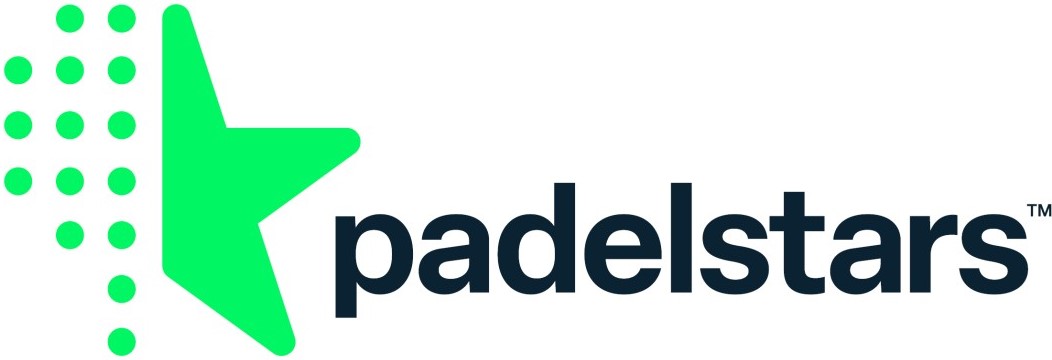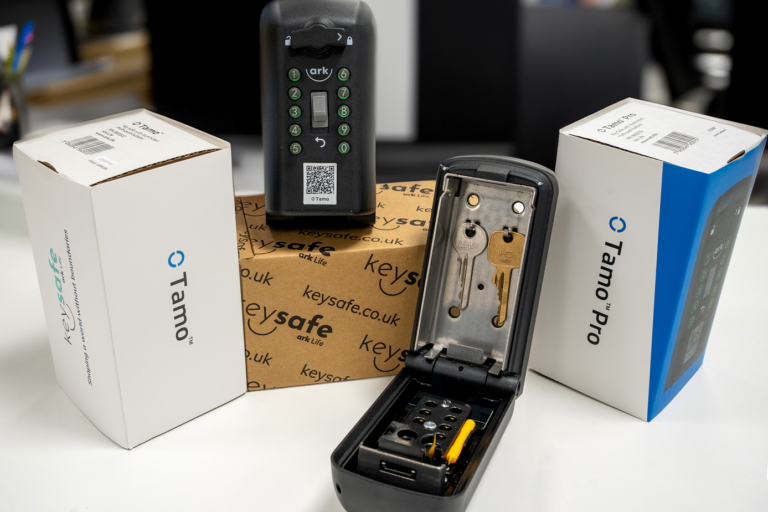Kent’s Discovery Park programme calls on femtech and women’s health startups

Calling all start-ups in FemTech and women’s health - a special edition Discovery Spark programme is now open for applications.
The scheme comes from Kent's Discovery Park - the county's life science business park - and was unveiled by Kent & Medway Women’s Health innovation summit, which brought together NHS leaders, clinicians, patients, academics and innovators.
READ MORE: Discovery Park launches £100,000 business growth competition
To enter, firms must be working in FemTech or addressing Women’s Health with a demonstrated proof of concept and have raised less than £1 million in investment.
On offer is tailored mentoring and support for start-ups as well as the chace to win a support package worth over £50,000 including a year of lab or office space at Discovery Park, alongside invaluable support from healthcare partners, Barclays Eagle Labs and six specialist prize partners.
The programme is open to both male and female founders and the deadline for applications is April 5, with the next cohort beginning on May 21.
The programme is led by Dr Renos Savva, head of innovation at Discovery Park and a recognised scientist, entrepreneur and venture development lead.
"Discovery Spark gives early-stage start-ups the tools for healthy business foundations, providing expert advice and personal development, all designed with securing investment in mind," she said.
"The UK has the largest female gender health gap in the G20, so it’s important to supercharge exciting businesses aiming to solve challenges in female health."
The women's health-focused summit highlighted menopause, mental health and cardiovascular care as areas of unmet need, with women twice as likely to die after a heart attack compared to men.
Despite living longer, the average woman spends nearly a quarter of her life in poor health compared with a fifth of men.
A lack of research and data is a driver for the gender health gap, with five times more research conducted on erectile dysfunction, which affects 19% of men, than on premenstrual syndrome, which affects 90% of women.
For more information, see HERE.













